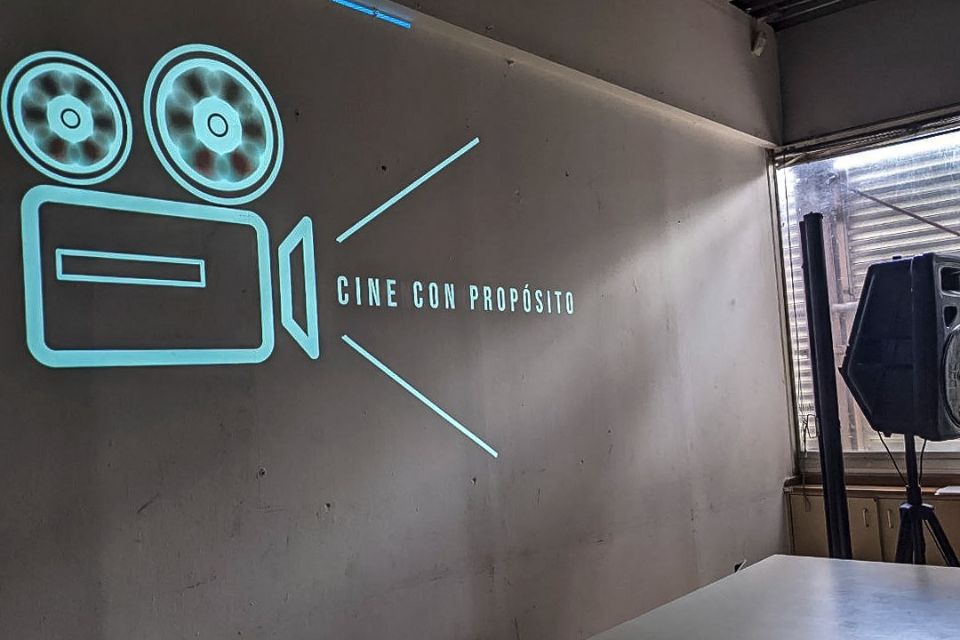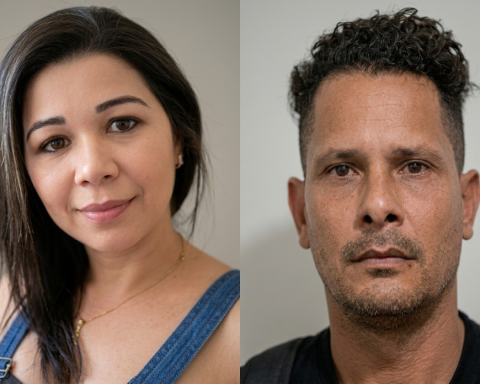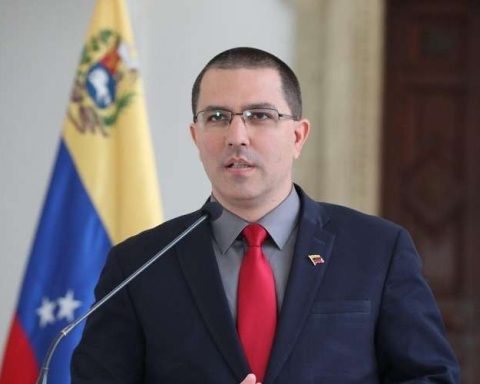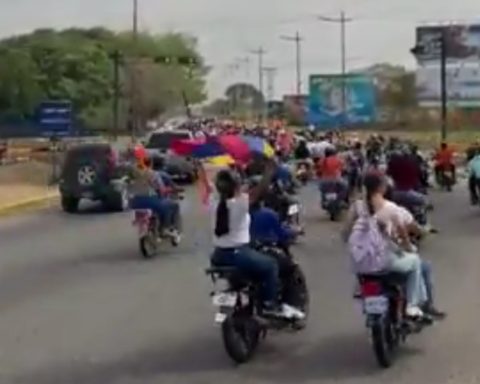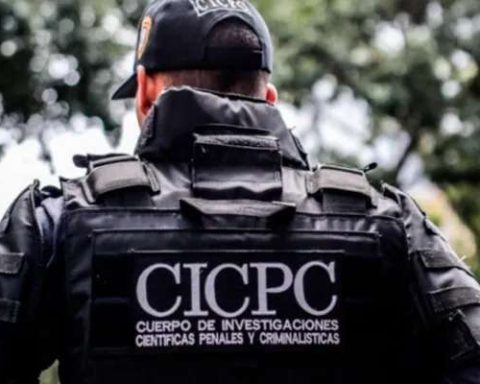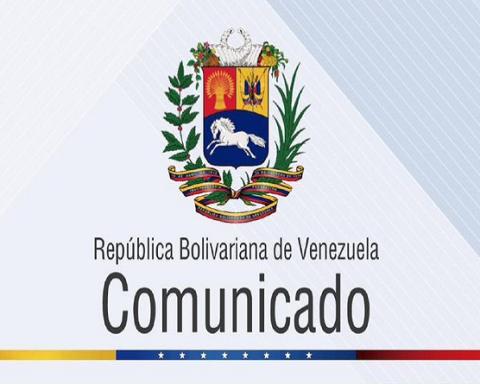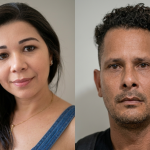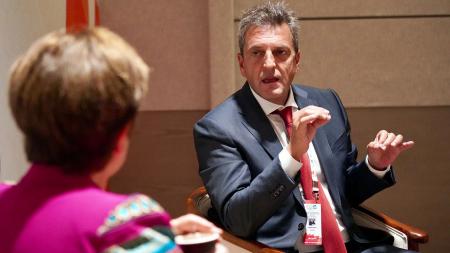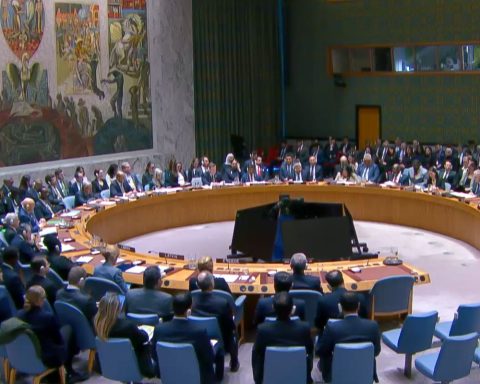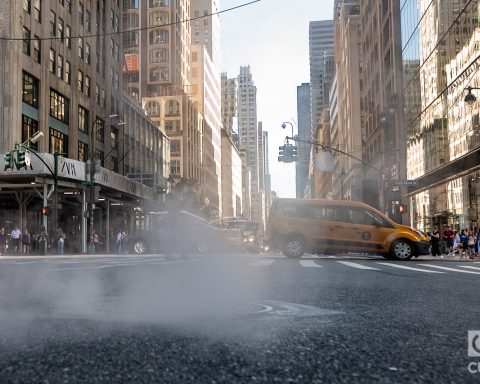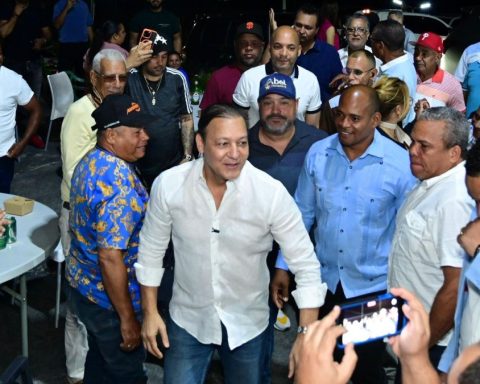Fábrica de Cine is a program promoted by Circuito Gran Cine to contribute to the development of citizen capacities and the strengthening of civil rights and democratic values of young people and adults of both sexes; but, above all, to tell stories of interest with a community impact. At the end of the training, the students present several short films with social issues that are displayed on the organization’s social networks.
Authors: Zulvyn Díaz and Héctor Zambrano
Photo: Luna Perdomo
Local and social impact stories that occur unnoticed in various communities in Caracas are told in short films by local youth, thanks to film factorya free social program that seeks to promote the seventh art as a tool for connection and community development, through the training of people from different popular sectors interested in the audiovisual area.
“Fábrica de Cine is an initiative created in 2017 by the circuit great cinema, which has the collaboration of allies such as the German Embassy, Mi Convive, among others. It consists of 131 academic hours distributed in seven-hour Saturday classes that are taught at the facilities of the Universidad Católica Andrés Bello (UCAB),” he explained. Bernardo Rotundopresident of the Gran Cine circuit.
Rotundo explained that in eight cohorts they have served almost four thousand people, while many others remain on a waiting list to opt for a place. “We started in Baruta, but we are already in areas of Caracas such as La Vega, Santa Rosalía, Catia, Antímano, Caricuao, La Pastora, El Junquito, San Juan, San Agustín, San Bernardino and La Carlota,” he said.
*Also read: What does $50 cover for an afternoon at the movies?
The training is made up of two components: community, where they learn about life projects and diagnoses in their communities to know how to identify incidents in their areas and possible solutions, and the audiovisual component where they learn about handling cameras, framing, sound, editing , screenwriting, film production and photography. They also learn to use and get the most out of the cell phone camera. Many of the shorts were recorded with smartphones.
Other subjects they see are business models, human rights, the orange economy, civic culture, how to organize a movie club, democratic values, and management.
Local stories in film
Nine short films on social issues and true stories that tell their own experiences and those of others about the efforts, triumphs, sacrifices and strength of common people is the final product of two cohorts, eight months of training, the accompaniment by the Fábrica de Cine team, and much dedication on the part of the students, who received their certification on February 10.
The shorts tell stories of sexual harassment, teenage pregnancy, challenges and achievements of people with Autism Spectrum Disorders (ASD), deterioration of the Caracas Metro, women masons, dancers with some type of disability, the normalization of abnormality, among others.
The audiovisual material is available through Gran Cine’s social networks (Instagram, Facebook, Youtube). They are also exhibited in various communities in Caracas that have shown interest in the formation and projection of the short films.
Photo: Courtesy Gran Cine
Accompaniment and direction
“Here they learn to handle a camera both in photography and in video; They learn how to get the most out of their cell phones, how sound is a very important element in movies, how to work on a script. They all end up occupying each of the roles and taking charge of putting together their entire production. All we do is provide accompaniment in the filmmaking process”, highlights Juan Díaz, producer of Gran Cine.
Start Pentachrome
13 kids from different areas of Petare began the first cohort of the Pentacromo comprehensive training program, organized by Download Zone and the Civil Association building togetherfor six months, in which they will be taught audiovisual production, content creation and human rights classes.
 Photo: Courtesy Gran Cine
Photo: Courtesy Gran Cine
The idea is that they discover their professional interests and help them enter the labor market in any of these areas. Their classes will have practices at the El Toboso cultural center in Petare, and around these same facilities, which belonged to the painter Tito Salas, they will have to deliver a short film as a final product to demonstrate what they have learned.
Post Views: 80
